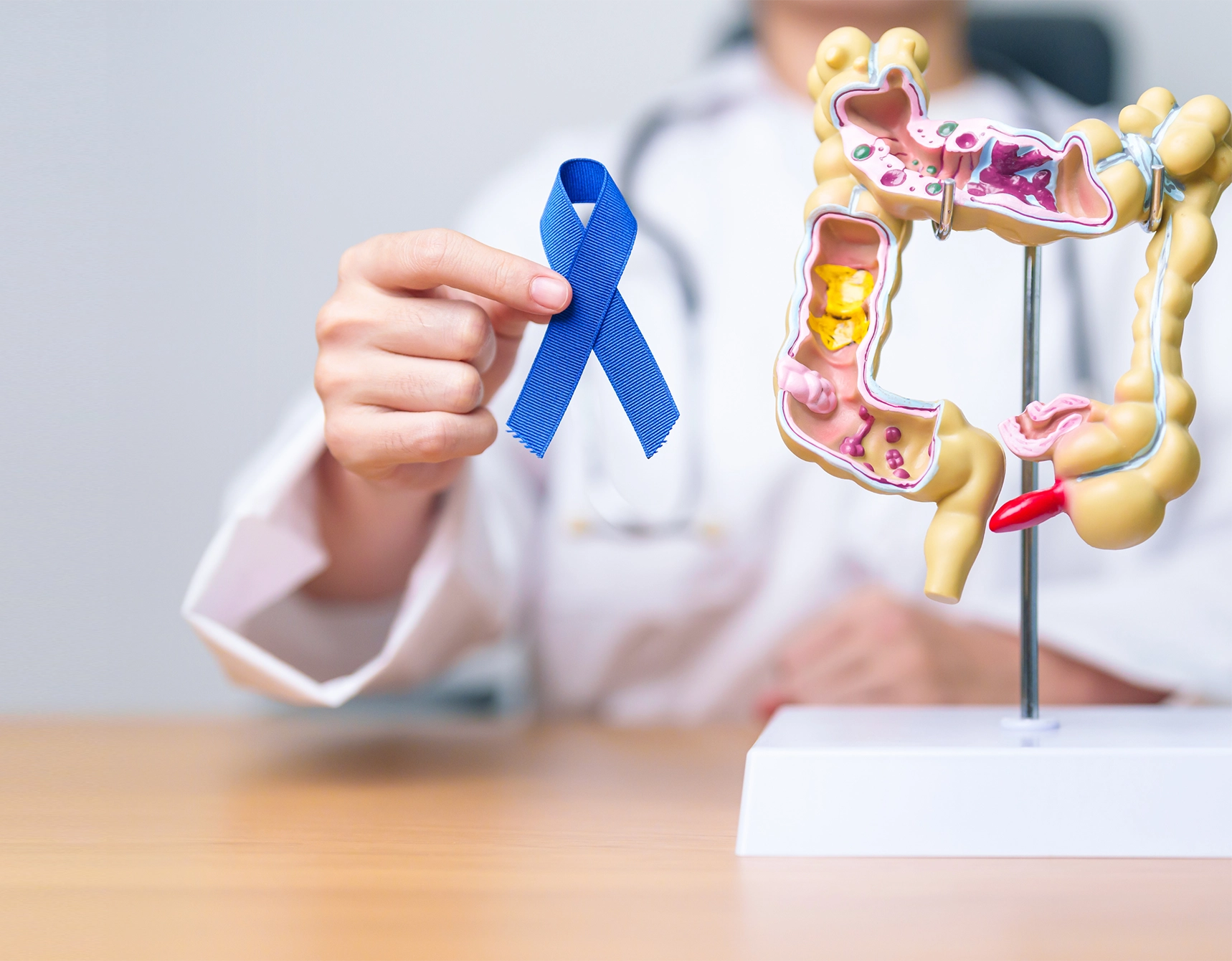What happens before the surgery?
- Physician anesthesiologists meet with you and your surgeon before surgery to assess your health and make decisions to ensure your anesthesia care is as safe and effective as possible.
- They will ask detailed questions about your health, examine you, and review your tests.
- Be sure to let your anesthesia expert know about any medical problems you have, such as heart disease, diabetes, or asthma.
- Inform about the medications you are taking (prescription, over-the-counter, and herbal supplements).
- Make sure to share if you have had problems or concerns with anesthesia in the past.
- This time should also be used to clarify all your doubts and concerns. It will make you more comfortable and confident as you prepare for the surgery.
- In the end, your physician anesthesiologist will create an anesthesia plan developed specifically for you to ensure a safe and successful procedure.
Life-threatening conditions like a heart attack are treated here by an interventional cardiologist.
Other than examining the heart condition, a Cath Lab also provides services to electrophysiologists, neurologists, vascular surgeons, and interventional radiologists to perform procedures of a complex nature for a wide range of conditions – from a stroke to ruptured or bleeding blood vessels inside the body.
Important instructions to follow
- Follow the doctor’s instructions about avoiding food and drink before the surgery. Fasting is usually required around six hours before surgery.
- Your doctor may advise taking your regular medications with very few sips of water during your fasting time. Some medications may have to be fully avoided.
- Some dietary supplements may not be allowed.
- Diabetics should especially and specifically talk to their doctors about fasting and medications.
- Patients with sleep apnea also need to discuss their condition in detail with the doctor, as such patients will generally need more careful monitoring.
What happens during the surgery?
- The anesthesia care team/expert monitors your vital signs during surgery, including how well your heart and lungs are working while you are unconscious.
- The physician anesthesiologist also manages your pain control.
- The expert/team will manage any medical problems that may occur during surgery.
- The expert/team will also manage your stability and condition, especially with regards to any chronic conditions you may have, like asthma, diabetes, high blood pressure, and heart problems.
What happens after the surgery?
Immediately after the surgery, while gaining consciousness, you may:
- Feel disoriented.
- Feel pain (is subjective and does not happen with all patients).
- Feel groggy/sleepiness, shivering.
- Experience dry mouth, nausea, vomiting, itching, muscle ache, sore throat, etc.
Your doctor/medical team will be able to guide and help you to reduce these side effects.
What to expect in the recovery room?
- In the recovery room, the physician anesthesiologist supervises others who will care for you and monitor your recovery, including your breathing, circulation, consciousness, and level of oxygen.
- The expert/team is always and immediately available if there are questions or concerns, by you or your family/caregivers.
- The physician anesthesiologist will usually determine your recovery progress from the effects of anesthesia.
- The expert/team will then ascertain if you are ready to go home or should be moved to a regular room in the hospital or the intensive care unit (ICU).
- The physician anesthesiologist also creates a plan for your recovery and may be involved in pain management, even after you go home.
What are the risks of taking anesthesia?
Anesthesia is an important part of any medical procedure and is fairly common too. Most people will not have any adverse effects after the anesthesia. However, in some select groups of patients (depending on their overall health status & the success of the procedure), the effects may pose some adverse risks and/or some after-effects.
According to the Royal College of Anaesthetists, UK, the following are some of the after-effects, descending in their occurrence:
- Sickness
- Shivering
- Thirst
- Sore throat
- Bruising
- Temporary memory loss (mainly in over 60s)
- Pain at the injection site
- Minor lip or tongue injury
- Minor nerve injury
- Peripheral nerve damage
- Corneal abrasion
- Damage to teeth
- Anaphylaxis
- Loss of vision
- Death as a direct result of anesthesia
- Anesthesia awareness
Certain lifestyle habits and conditions may also play a role and increase your risk factor, like:
- History of adverse reactions to anesthesia
- Seizures (previously suffered/prone to)
- Smoking/alcohol (higher use/consumption)
- High blood pressure
- Obesity
- Diabetes
- Stroke (previously suffered)
- Any other conditions including your lungs, kidneys, or heart
- Obstructive sleep apnea
- Regular use of medicines like aspirin (can increase bleeding)
- Certain drug allergies








